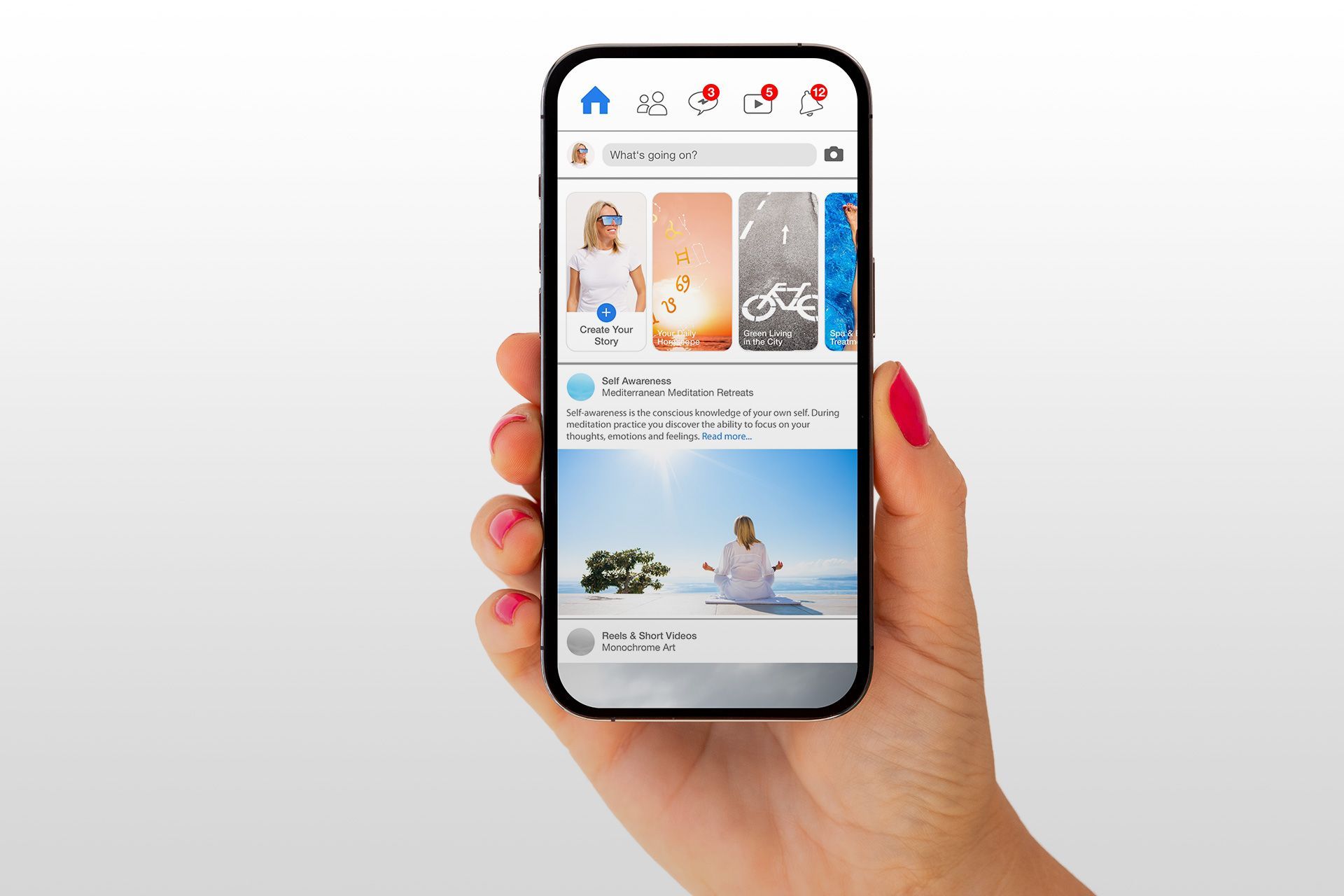Time to Discuss ADA Compliance and How Oamii Can Help

One of the signature accomplishments of President George H.W. Bush administration was the Americans With Disabilities Act (ADA). In fact, it was a landmark piece of legislation that was the first of its kind in the world.
Currently, the ADA has become a significant topic for many industry professionals. Many firms and companies are making a concerted effort to ensure that their online presence is ADA compliant. That effort is critically important because it allows people with disabilities to enjoy every aspect of an organization’s website and other social media in the same way as a person without disabilities.
Accordingly, this blog is devoted to giving you some helpful information on the ADA, including (i) what it is; (ii) who is impacted by it; (iii) what is the definition of “disability,” (iv) and why it is important.
If you want to discuss ADA compliance for your own firm, we invite you to speak with us at Oamii . We have been helping our digital marketing clients for many years with their ADA compliance obligations. Please fill out our online contact form, or call us at 561-228-4111 today.
1. What is the ADA?
The Americans with Disabilities Act (ADA) is a civil rights law that was enacted in 1990. More than just a law, the ADA is nothing short of a declaration of equality for those with disabilities. It was modeled after the Civil Rights Act of 1964 and Section 504 of the Rehabilitation Act of 1973.
The ADA prohibits discrimination against an individual on the basis of disability. That prohibition includes discrimination in employment, schools, transportation, communication, government services, and all places open to the general public – including online. Indeed, the ADA opened up many new opportunities and experiences for disabled persons.
2. Who is impacted by the ADA?
The ADA applies to all employers who have 15 or more employees, including local, state and federal governments. Under the ADA, employers cannot discriminate against people with disabilities in hiring, firing, job training, or in the job application process. Also, employers must provide reasonable accommodations to people covered under the ADA. The Equal Employment Opportunity Commission regulates employer conduct under the ADA.
The ADA also covers public schools. Specifically, schools have to provide students with disabilities accommodation so they can participate in classes, extracurricular activities, and school programs. The U.S. Department of Justice and the U.S. Department of Education both have a role in regulating schools under the ADA.
With regard to transportation accommodations, the U.S. Department of Transportation makes sure that all public and private transportation providers comply with the ADA. Also, places of public accommodation, such as hotels, restaurants, retail stores, private schools, doctor’s offices, and theaters, must abide by the ADA. “Places of accommodation” has been interpreted to include websites .
Finally, all telephone and internet companies must provide closed captioning for federally funded service announcements. They also have to provide those with speech and hearing disabilities the ability to communicate using the telephone via telecommunication relay services.
3. What is Considered a “Disability” Under the ADA?
The term “disability” under the ADA has a specific meaning. A person is considered disabled if he or she:
1. Has a physical or mental impairment that substantially limits participation in major life activities;
2. Has a record or history of such an impairment; or
3. Is regarded as having such a mental or physical impairment.
It is important to note that the term “disability” under the ADA was initially construed narrowly by courts. Accordingly, Congress passed the ADA Amendments Act (ADAAA) in 2008.
The amended law made it easier for people to establish that they had a disability. Also, in the ADAAA, Congress reiterated and clarified that the ADA was first and foremost a civil rights law, which means that the focus is on whether discrimination occurred, not on a close examination of whether a person does or does not have a disability.
4. Why is the ADA important?
Before the ADA, no laws were in place to stop discrimination based on someone’s disability, and employers and schools did not have to make accommodations for disabled persons. That meant that people lost jobs or could not get jobs in the workplace, and disabled students had fewer opportunities than others in the school system.
Thus, the ADA is important because it allows all people to participate fully in society, and it provides a mechanism to put a stop to discriminatory behavior. Indeed, the power of the ADA is that it codifies the belief that people with disabilities should not face discrimination in education, housing, employment, public accommodation, transportation, communication, recreation, health services and access to public services.
Specifically, people can stand up for their ADA rights by filing lawsuits in Federal court, in which they request that the court put a stop to ADA violations.
5. Operation of the ADA Relative to Websites
The ADA does not expressly address websites and online compliance. Thus, courts have had to decide how the ADA applies online. As noted above, the phrase “places of public accommodation” in the ADA has been interpreted to include websites. Indeed, websites that have many inaccessible components may likely be viewed as discriminatory to people with disabilities who cannot access those components.
If an ADA violation is found, the result will likely be a fine or another penalty, as there are few defenses available for ADA violations. Also, courts are beginning to more frequently reference the Web Content Accessibility Guidelines (WCAG) 2.0 Level AA, which is a series of accessibility guidelines published by a group known as the Web Accessibility Initiative, of the World Wide Web Consortium (W3C).
6. Let Oamii Solve Your ADA Accessibility Needs In 72 Hours
At Oamii, we provide a platform for our clients that offers the following advantages:
1. Our platform is being used by The Florida Bar (see https://www.floridabar.org so you can visit their website to see what it looks like; or visit our website https://oamii.com). You will see a blue wheelchair symbol on the bottom left corner of the page.
2. We can make your website ADA compliant within 72 hours of installation. Other vendors can take 3 to 26 weeks to get your website ADA compliant.
3. We use artificial intelligence and machine learning to reprocess your website every 24 hours and keep it compliant. Other vendors provide no automatic maintenance by default. They require manual verification, which can result in human error.
4. We charge a small monthly retainer with no setup fee. Other vendors charge a $3,000 to $5,000 setup fee to get your website ADA compliant plus a monthly fee equivalent to ours or higher.
5. We provide you with a website accessibility statement once our systems officially complete the scanning and processing of your website. Our system will test the functionality, source code, and elements of your website then make the necessary accessibility adjustments. No other vendor provides this.
Trust Oamii
We have an efficient digital marketing system in place with clearly set goals and expectations – including ADA compliance. We encourage continuous improvement which in turn improves your bottom line.
You have a choice with your marketing dollars and resources. If you want to increase your marketing reach with the help of an experienced, professional,
digital marketing agency , look no farther than
Oamii to crack the code on how to improve your marketing game. We welcome you to contact us at
Oamii to help you market your firm and build your book of business. Please fill out our
online contact form , or call us at
561-228-4111 today.
Disclaimer: The information on this website and blog is for general informational purposes only and is not professional advice. We make no guarantees of accuracy or completeness. We disclaim all liability for errors, omissions, or reliance on this content. Always consult a qualified professional for specific guidance.








